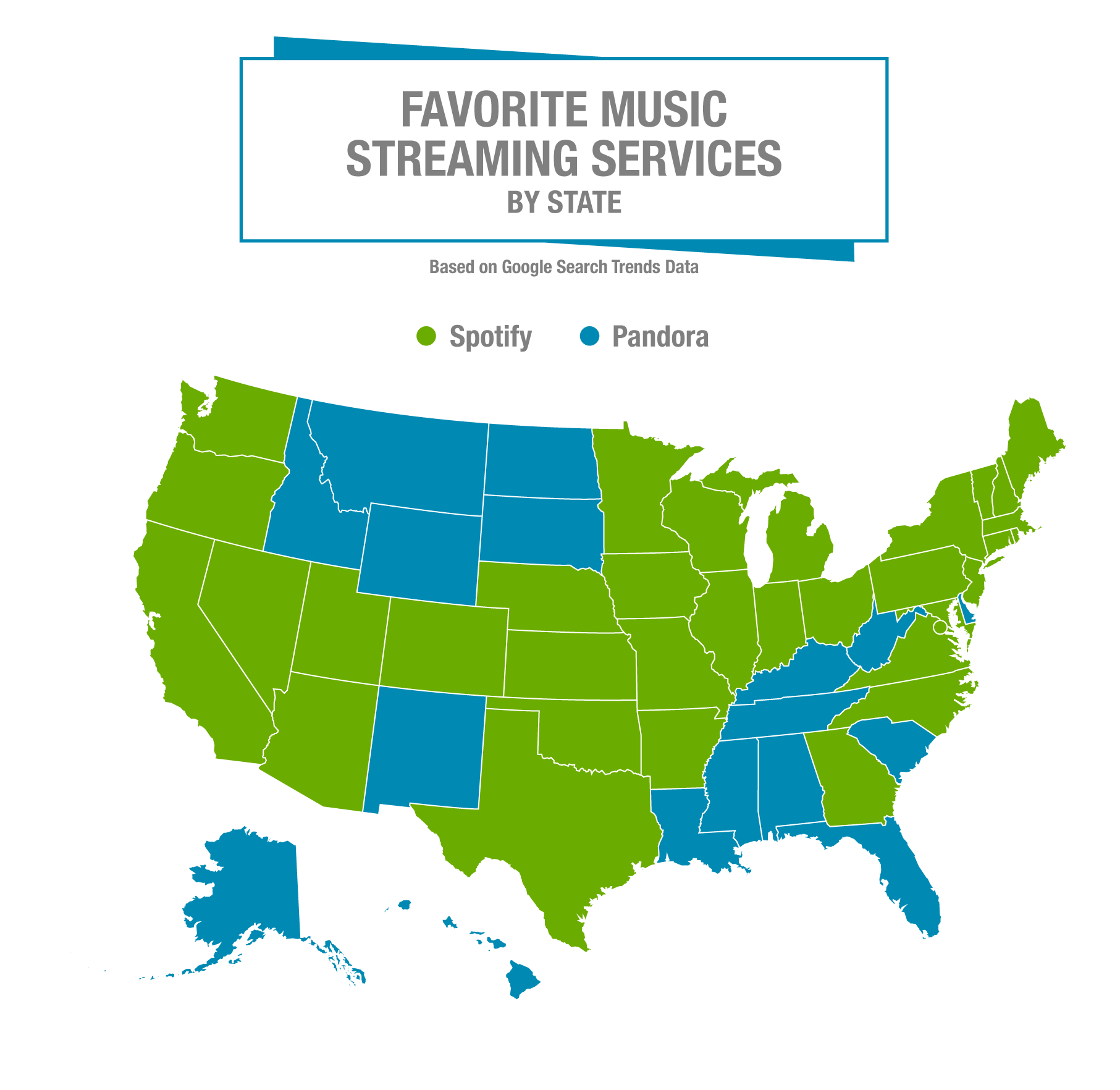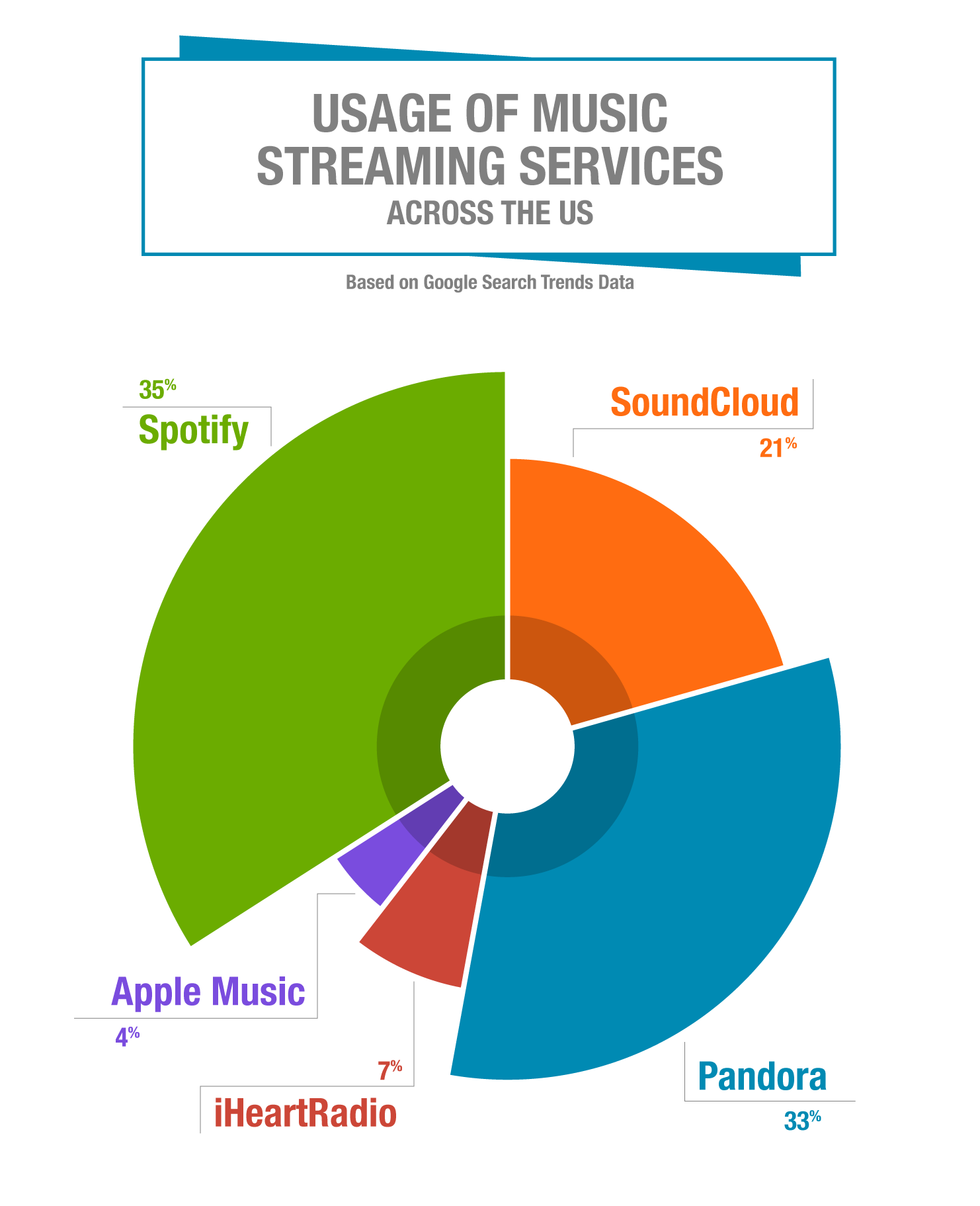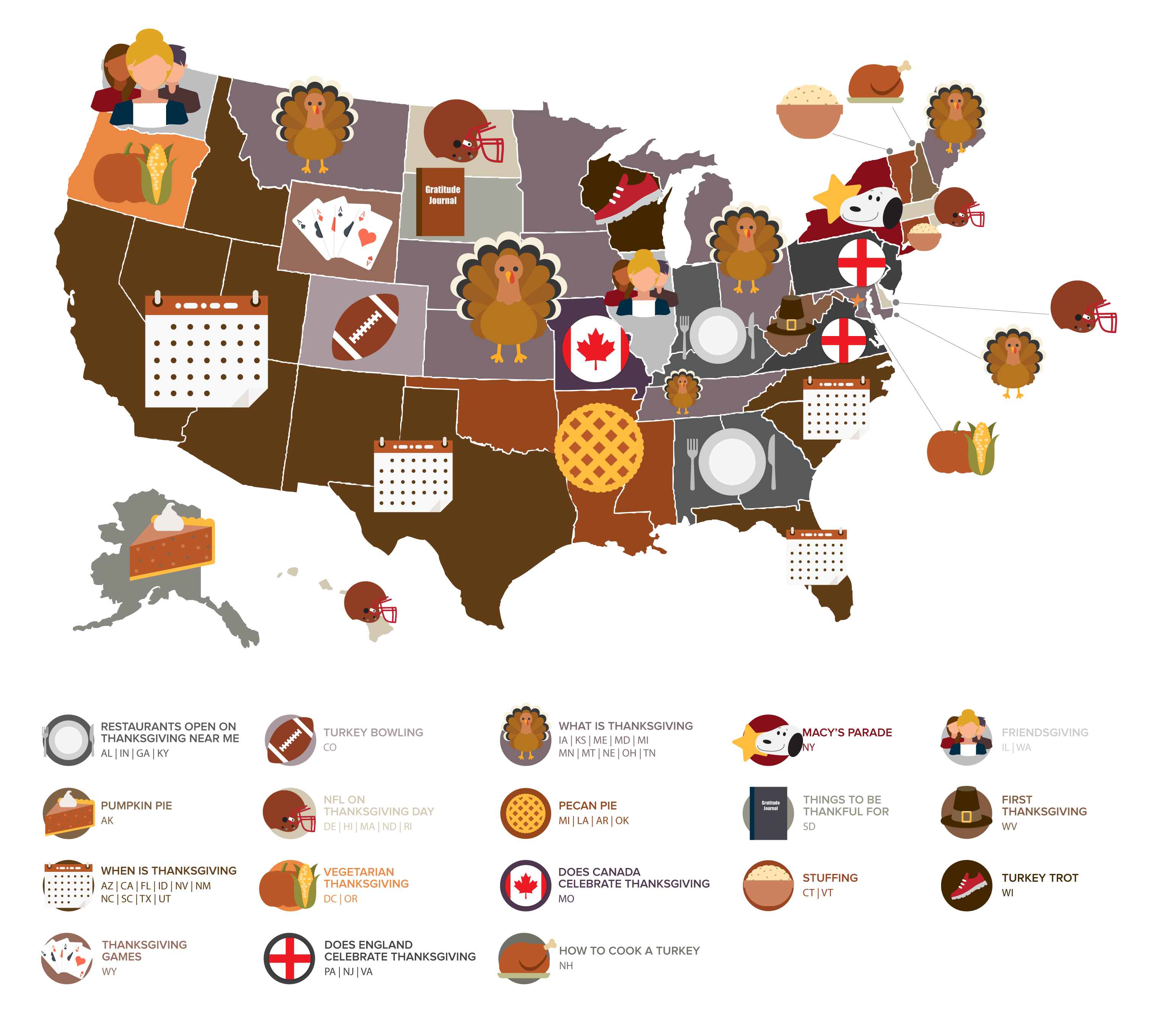6 Ways to Protect Your Kids Online
Talking with your kids about what to do and what to avoid online is an important way to help protect them. Nearly 60 percent of teen Internet users say their parents have the greatest influence on their opinions about appropriate and inappropriate online behavior, and your influence can keep them safe.
Ask your kids open-ended questions about their online activity and let them know you’re available to help them navigate any difficult situations they encounter. Then, to help them gain a better understanding of online risks — and how they can protect themselves — share these six rules for Internet safety.
-
Create strong passwords.
Your child will likely have multiple social media accounts, so make sure they have passwords that are difficult to break. An expert hacker can crack the average password in less than three minutes. Because roughly one-third of people use the same password for every site, your child could have multiple sites breached at once.
If your family needs help remembering passwords, don’t write them down or save them on your computer. Instead, use a password management tool like LastPass, which stores all of your passwords securely. Remind your kids not to share their passwords with anyone, and to always sign out of their online accounts — especially when using a public or school computer.
-
Don’t share identifying information.
A Carnegie Mellon CyLab study found that children are 51 times more likely to be victims of identity theft than their parents. There are two primary reasons kids are more often victimized by identity thieves. First, they’re easier targets because they tend to be more careless about posting sensitive information online. Second, they have unblemished credit records that identity thieves can exploit to the fullest.
Unfortunately, many children don’t find out they’re victims of identity theft until they apply for student loans, credit cards, or a job. The ramifications of identity theft are extensive, so have a heart-to-heart talk with your child about information they should never share online.
-
Don’t broadcast your location.
According to the Journal of Adolescent Health, one-quarter of online sexual offenders used social networking profiles to discover where their victim was located at a specific time. Furthermore, research shows that nearly half of online youth leave their GPS services on at all times.
Explain to your children that GPS technology can be helpful, but it can also be dangerous. Caution them to use the GPS service on their devices carefully, and ensure that they activate the privacy settings on their social media networks.
-
Caution against social media scams.
More than 600,000 Facebook accounts are compromised daily, and 10 percent of social media users say they’ve fallen victim to a cyber attack through a social network platform. According to Symantec Corporation’s 2014 Internet Security Threat Report, the most common scams on Facebook are fake offers and online surveys.
Tell your kids to avoid these offers, and help them watch out for other types of social networking scams such as like-jacking and phishing. To like-jack, criminals post fake Facebook “like” buttons to webpages. When their victim clicks the button, malware automatically downloads to their device. Phishing takes place when a seemingly trustworthy person or entity attempts to acquire sensitive information like credit card numbers, usernames, and passwords.
-
Use antivirus software.
According to a Microsoft Security Intelligence Report, computers without antivirus software are an average of 5.5 times more likely to be attacked than those with up-to-date security software. Explain to your kids that antivirus software is the first line of defense against hackers as it helps detect, prevent, and remove worms, viruses, and other malicious programs.
To further enhance your home Internet security, it is ideal to keep your firewalls turned on, installing anti-spyware technology, and ensuring your computer’s operating system is up to date. Get your family in the habit of turning off web-enabled devices when they’re not in use — hackers have an easier time when people leave Wi-Fi and Bluetooth on.
-
Check your online reputation regularly.
A Kaplan survey found that 40 percent of college admissions officers view their college applicants’ social media profiles. An unsavory online reputation can have many repercussions, so remind your children to think carefully about what they post. Images of underage drinking, membership in controversial organizations, and foul or derogatory language are just a few things that can damage their reputation.
To find out what information is online about your child, sit down with them and run their name through an online search engine. Set up a Google alert to receive email updates when their name is mentioned online, and consider using the app Clear. Clear connects with your child’s Facebook, Instagram, and Twitter accounts to flags posts and pictures that may be inappropriate.
Helping your kids stay safe on the Internet is an ongoing process. Keep an open dialogue and readdress these rules with your children as they mature and technology evolves.
If you’re looking for high-speed Internet, CenturyLink has options that include additional safety features for you home network. Plus, you have the opportunity to save additional money through Internet and Home service bundles. Not to mention, you can keep looking through these free resources to find additional safety tips on how to protect your household while you’re connected to the web.
Thanksgiving is right around the corner, and if you’re like many Americans, the word itself conjures the sweet scent of pumpkin pie, mouth-watering images of mashed potatoes, and (perhaps) an undercurrent of anxiety about cooking that all-important turkey just right.
But no matter how steeped they are in Thanksgiving traditions, people in every state still have questions about this centuries-old feast—starting with “how old is Thanksgiving?” Luckily, Google’s doors are always open, even on holidays. Keep reading to see the Thanksgiving-related questions your state asked last year, and what the answers reveal about your area’s Thanksgiving habits.
Our findings initially seem as diverse as the states themselves, but a few trends stick out:
- The Macy’s Thanksgiving Day Parade®—one of the largest Thanksgiving Day parades in the US—has been a New York staple since 1942, and it’s still going strong as the most-searched November topic in its home state.
- Pecans and pumpkins are both native to North America and figure prominently in a Thanksgiving Day feast, but the South is most curious about pecan pie: Arkansas, Louisiana, Mississippi, and Oklahoma spent November googling pecan pie recipes.
- Alaska—a state famous for growing stunningly large vegetables during its extra-long summer days—was the sole state searching for pumpkin.
- Three British-settled East Coast states—New Jersey, Pennsylvania, and Virginia—all wanted to know if our friends across the pond celebrate Thanksgiving too. Meanwhile, French-Canadian-settled South Dakota wondered about Canadian Thanksgiving.
- Per Vermont and Connecticut’s Google searches, stuffing is New England’s favorite Thanksgiving staple.
- As the areas with the highest number of vegans per capita, Oregon and Washington, DC’s most-googled Thanksgiving topic was “vegan Thanksgiving.”
- Enjoying a post-feast football game is a crucial part of many households across the States, including Hawaii, Delaware, North Dakota, Massachusetts, and Rhode Island.
Take a closer look at our findings by state:
“Restaurants open on Thanksgiving near me”
- Alabama
- Indiana
- Georgia
- Kentucky
“Pumpkin pie”
- Alaska
“When is Thanksgiving”
- Arizona
- California
- Florida
- Idaho
- Nevada
- New Mexico
- North Carolina
- South Carolina
- Texas
- Utah
“Turkey bowling”
- Colorado
“NFL on Thanksgiving Day”
- Delaware
- Hawaii
- Massachusetts
- North Dakota
- Rhode Island
“Vegetarian Thanksgiving”
- District of Columbia
- Oregon
“What is Thanksgiving”
- Iowa
- Kansas
- Maine
- Maryland
- Michigan
- Minnesota
- Montana
- Nebraska
- Ohio
- Tennessee
“Pecan pie”
- Mississippi
- Louisiana
- Arkansas
- Oklahoma
“Does Canada celebrate Thanksgiving”
- Missouri
“How to cook a turkey”
- New Hampshire
“Does England celebrate Thanksgiving”
- Pennsylvania
- New Jersey
- Virginia
“Macy’s Parade”
- New York
“Things to be thankful for”
- South Dakota
“Stuffing”
- Connecticut
- Vermont
“Friendsgiving”
- Illinois
- Washington
“First Thanksgiving”
- West Virginia
“Turkey trot”
- Wisconsin
“Thanksgiving games”
- Wyoming
Methodology
The team at CenturyLinkQuote used Google Trends to look at search volume around Thanksgiving-related terms throughout November 2017. We determined each state’s score based on how much more a state searched that term than the other states.
About CenturyLinkQuote
CenturyLinkQuote is an Authorized Sales Agent that offers Internet, TV and Phone Service across the United States. Find speed availability here or call us at 1-855-640-4510.
For media inquiries, please contact hilary@centurylinkquote.com
Streaming Services: How Your State Listens to Music
While there will always be hardcore music lovers who refuse to stop buying CDs and records, it’s clear that music streaming services are here to stay. Streaming services are not only improving—they are multiplying. The battle for streaming service supremacy continues, and everyone has their favorite.
Pandora vs. Spotify

While Apple Music™, Amazon Music™, and YouTube Music™ are building market share, there are still two major competitors at the top of the heap. Pandora™ vs. Spotify™ joins Coke vs. Pepsi, McDonald’s vs. Burger King, and Taylor Swift vs. Katy Perry in the rivalry ranks as the two streaming services battle to be the best.
Here at CenturyLinkQuote, we decided to go on a quest to find out each state’s preference: Pandora or Spotify. In addition to determining each state’s preferred music streaming service, we compiled a list of the most popular and fastest growing music streaming services currently available.
Most Popular Streaming Service
When asked which service was preferred nationally between the two main competitors, Spotify came out the winner beating Pandora by 32%.
66% Spotify
34% Pandora
Once it came to the individual states’ preferences, we tested five specific streaming services: Spotify, Pandora, SoundCloud™, iHeartRadio™, and Apple Music. Pandora and Spotify still remained in the lead as the go-to streaming services.

- Spotify 35%
- Pandora 33%
- SoundCloud 21%
- iHeartRadio 7%
- Apple Music 4%
Thought-Provoking Data
Did you know that despite California being the headquarters of Pandora, the state prefers Spotify? In fact, major cities have an even stronger preference for Spotify over Pandora than the country as a whole. And while Spotify, Pandora, and SoundCloud are declining, Apple Music and iHeartRadio are rising ever so slightly.
While iHeartRadio (2008) and iTunes™ (2002) have been around for quite some time, it is important to note that both of their on-demand streaming services—iHeartRadio All Access (2017) and Apple Music (2016)—are relatively new, especially when comparing them to Spotify that launched in 2008 and SoundCloud in 2007.
Pandora was also late to enter the on-demand streaming market, but they are among the oldest streaming services in general, having made radio-style streaming available as early as the year 2000.
In another big win for iHeartRadio, Billboard™ recently announced that Pandora and iHeartRadio premium streaming services will be used as contributing factors in the Billboard 100 and 200 charts. Beyond the extra revenue that this could mean for iHeartRadio, this is a milestone move for the music industry because Pandora radio spins have been the only streaming service considered up until now.
The Best Choice in Music Streaming
Ultimately the choice in which music streaming service works best for you is a matter of personal taste. Maybe you don’t mind the commercials and just want the free radio provided by Pandora or iHeartRadio. Or perhaps you like the accessibility and ease of downloading and making playlists in Spotify or Apple Music, even if it does mean having a bill each month. Despite the continued growth of the lesser known streaming stations, it’s good to know that as a country the battle between Pandora and Spotify will live on no matter how many new streaming services we will continue to see.
About CenturyLinkQuote
CenturyLinkQuote is a Authorized Sales Agent that offers Internet, TV and Phone Service across the United States. Find speed availability here or call us at 1-855-640-4510.



